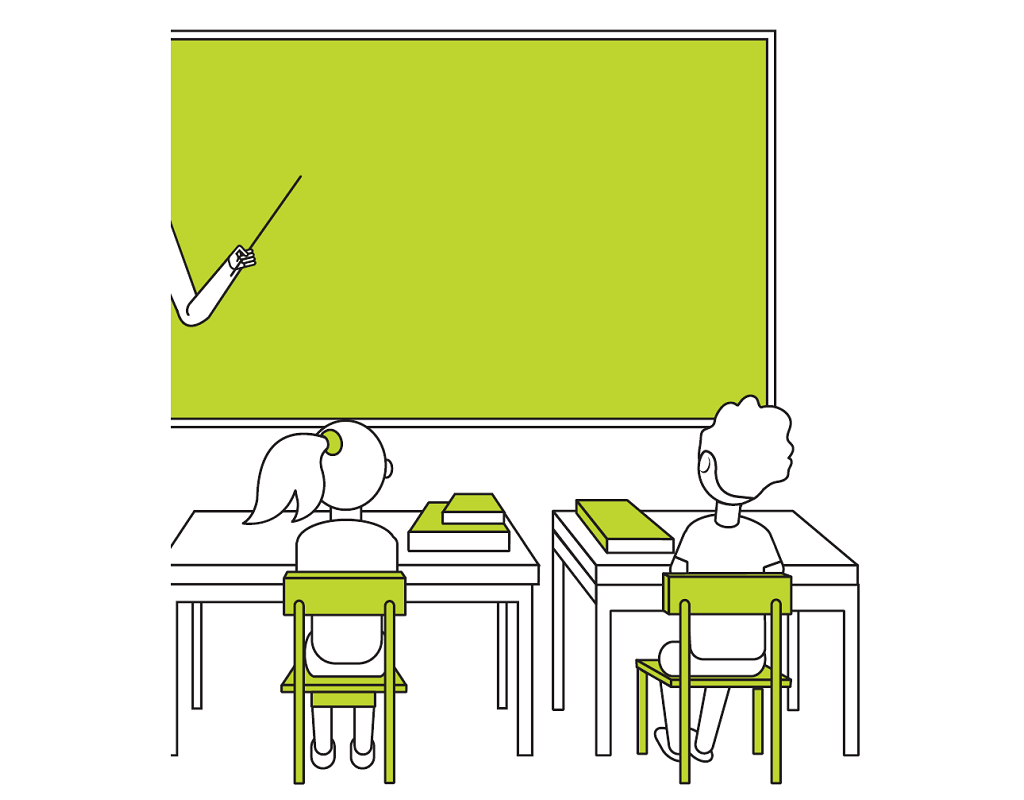Education in Singapore is very important for its survival. Most of us have been reminded that labour is the only resource we have and that we need to be educated in order for us to make the economy grow.
The meaning of the word “education” comes from Latin and is twofold – “to train and mould” and “to lead out”. Having been a teacher in a Singapore government school before moving on to an international school, I have had the privilege of experiencing the difference in expectations of teachers in both institutions. This article will shed some light on my teaching experiences in both places and offer some of my thoughts in the Singapore education system.
TO TRAIN AND MOULD
My teaching experience in a government school was an enriching one because of the lessons it had taught me. The seven years I was there allowed me to learn that one man cannot change the world until he changes his internal disposition in life. This is borne out of the following examples.
Initially, I felt that I wanted to be the best teacher in the world. To be there for the students at a time they needed so and to allow them to learn the joy of why I took on my teaching subject. I wanted them to discover that the subject has practical applications in one’s daily life. Different pedagogical methods in the forms of pair work, group work and opportunities to exercise critical thinking skills were employed on my students. I learnt that each class was different and hence a differentiated approach had to be used. Much time and energy were spent just to formulate lessons which allowed students to discover the joy of learning.
However, I soon learnt that the reality was shaped by the school environment. The first few sentences started with the singular – it was all about me – but the school was bound to a deeper mission: the formation of students according to an agenda laid out by the senior and middle management. This meant that academic results were always important. Indicators like the mean subject grade (an average of all the subjects) or the rank points needed to go to the next tertiary institution were front and centre of all discussion.
This was demonstrated in one of the staff meetings, where the principal wanted to show how each graduating class performed. All would had been fine, except for the fact that the names of each form teacher were also published. I remembered vividly that two colleagues burst out crying and ran out of the room. The principal continued with her presentations and explicitly attributed the performance of the classes to their respective form teachers. What struck me in that episode was that the teachers, who used the drill and practice method of doing past exam papers, did remarkably well compared to the others.
The learning point of this was that assessment drives pedagogy. This marked a transition in me in ensuring that students wrote many essays and that they were clear of what was in the syllabus and what was not. In essence, I had been “formed and moulded” into what the system expected of me. My teaching method was now revolving around the ability of the students scoring well in their exams instead of allowing them to discover the joy of experiencing the subject.
This had a great impact on the students. I could see the lively discussions in the eyes of my students slowly changing into glazes of the fatigue in having to prepare for tests and exams. This was not what I set out for when I first joined the teaching service. I was also feeling the exhaustion of this approach as it was beginning to dull my desire to be in the service. It was time to move on.
TO LEAD OUT
My time in the international school could not have been more different. The background behind my transfer was very challenging as I had to clear through certain mindsets and assumptions that were holding me back.
The main difference laid in the work review form. For teachers in a government school, the work review form is used as a basis to assess the teacher’s teaching capability. It is also the way to decide the performance bonus of the individual teacher in question. This made the situation very competitive during the period of work review, where they would pit against one another to ensure that their superiors would recognise the efforts they have put in. An international school, on the other hand, treats the work review process as a formative one – a way to allow the teacher to learn what needs to be done in the classroom and give him an opportunity to discover what is needed to improve the teaching process.
This allows the teacher to work on his teaching methods so that he can develop an ability to build his repertoire of teaching skills. The pressure on the teacher is greatly lessened as there is no need to worry if his superior is wearing the hat of an assessor or a mentor to help the new teacher improve. I sensed this immediately when my eczema, which was plaguing me for the longest time, healed almost in a short while after my move.
The other difference has to do with the way the systems address teachers. In a government school, we are known as General Education Officer. The joke used to go that we do generally everything in the school, except for teaching. Senior management would mention that “the individual officer” should do this, or that the “officer” should demonstrate certain competencies. It slowly felt that in a bid to make us appear “professional” (since junior doctors are called medical officers), there was a loss of the compassionate and caring feeling associated with the title of a “teacher”.
In an international school, we are called teachers. It is not a matter of semantics, but truly a substantive one, because we are called to teach students the subject of our choice instead of just being a professional. Teaching is not just about being technically competent; rather, it requires the individual to be a human. A teacher is a human being who cares for the younger members of society and allows the latter to discover their purpose in life. In other words, they are called to lead the child out from his inner, protective shell to enter into the harsh reality of the world. Along the way, the teacher instructs, guides and mentors the child on the ways to minimise the harm caused by the world on themselves and to allow them to learn what it means to become a good person.
This is especially so as an international school tends to receive more children with special educational needs. These children are already struggling to adapt socially in a world where not having any friends could mean the end for the child. Teachers are called to show their students what it means to embrace diversity, and what it means to accept every classmate and schoolmate for who they are. This, again, is a case of the teacher leading his students out from their protective layer of discrimination, prejudice and bias, which have clouded their worldview.
Working in an international school made me question the values that truly mattered to me. Assumptions that education is needed to propel an economy forward were challenged as I began to realise that showing concern to your fellowmen is an even more pressing goal. Counselling a child on how to handle the politics of who to sit with in the canteen allowed me to gain an insight into the reasons why the child was not performing in class. There are opportunities, occasions and reminders in the government school to face these issues, but it was in the international school that allowed me to put them into practice.
Working in an international school has led me out of my own narrow perspectives of what it meant to be a teacher. I was not called to be a dispenser of knowledge, but to be a human being and allow my future generation to know what it means to exercise empathy and love. I had to be brought out of my cave of assumptions to be able to lead others to the sunlight of the world. ⬛
K W Chia has taught in a government school for about seven years before moving on to teach at an international school. He finds great joy in working with young people and seeks to lead them towards discovering their purpose in life.








